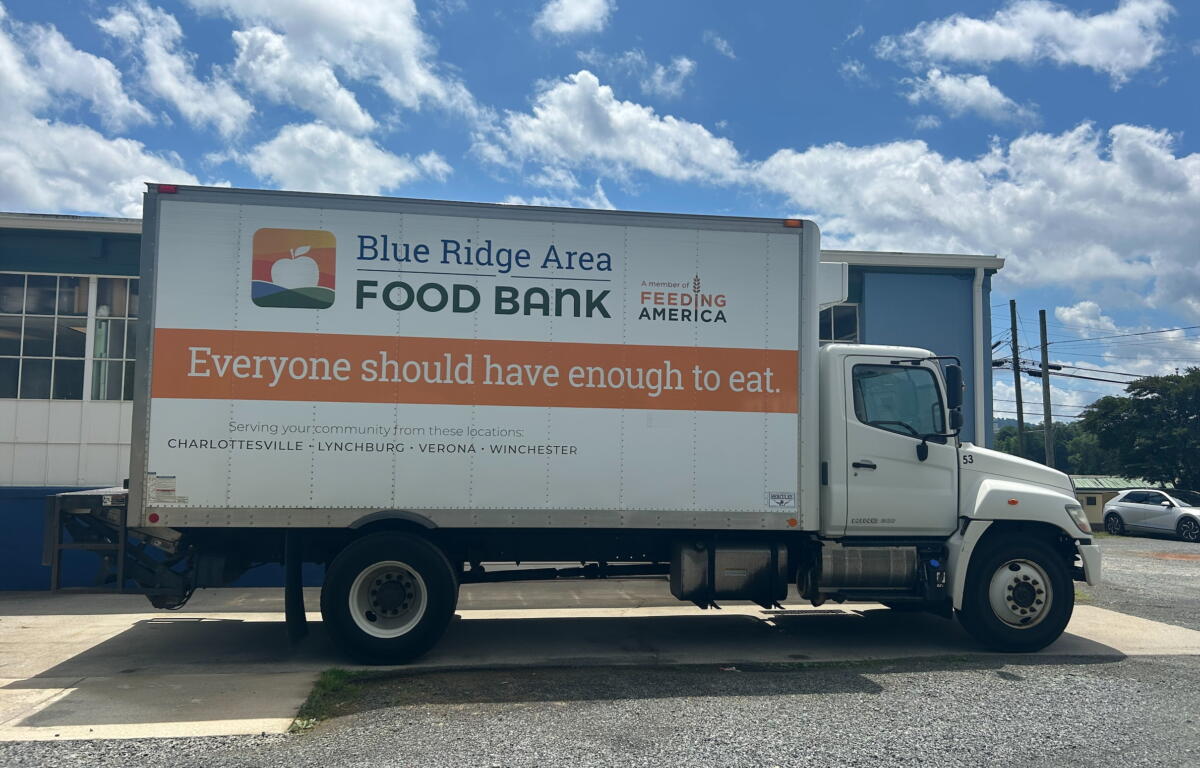CHARLOTTESVILLE, VA (CVILLE RIGHT NOW) – The federal government shutdown reached its 24th day Thursday, elevating concerns that a deal might not be reached by Nov. 1, threatening – among other services – Supplemental Nutrition Assistance Program benefits for local residents.
SNAP, as it’s more widely known, is a federal program that provides funds to purchase food including meat, poultry, fish, fruits, vegetables, dairy products, breads and cereals, among other items, to families in need.
Thursday, Gov. Glenn Youngkin announced that Virginia would pickup the bill for SNAP, declaring a state of emergency to provide emergency hunger relief,
Calling it an “extraordinary action,” Youngkin announced the declaration allows Virginia to use emergency funds to protect the health, welfare and safety of Virginians.
This week, both Charlottesville and Albemarle County put out information advising residents of potential that payments could be delayed or not issued at all, and urged families that rely on SNAP to begin making alternative plans to find nutritious meals.
“It’s a resource that families depend on,” City Director of Social Services Leon Henry told Cville Right Now. “It would cause lots of challenges. It would impact the community we serve, families that depend on these benefits to meet their basic needs for nutrition.”
Henry said about 2,500 families in the city receive SNAP benefits, with food reaching about 4,800 residents.
Charlottesville is part of the Blue Ridge Area Food Bank’s eastern region and spokesperson Les Sinclair told Cville Right Now that about 25,000 people in the region receive SNAP benefits.
“They’re going to need to figure out how to provide for their families,” Sinclair said before the governor’s announcement.
Albemarle County’s release about the potential impacts of the shutdown on SNAP encouraged residents to conserve the food they have on hand, to seek out assistance from the Food Bank and its network members, and to use Virginia 211 to locate nearby resources. The release includes a link to a curated list of services available to residents.
“The U.S. Department of Agriculture (USDA) has notified states that Supplemental Nutrition Assistance Program (SNAP) benefits for November may be delayed or unavailable due to the ongoing federal government shutdown. This is a nationwide issue affecting all SNAP households,” the county’s release said. “Albemarle County understands how important these benefits are for many families in our community. While we do not control the timing of federal benefit funding, we are committed to sharing information and resources with our residents.”
Sinclair said the Food Bank has been preparing for the possibility of an interruption to SNAP funding and is prepared to provide for families in need of food assistance.
“We are anticipating that there will be a surge in demand,” Sinclair said. “The Blue Ridge Area Food Bank is always looking forward and paying attention to the trends and what’s happening. We are prepared. We have plenty of food.”
Still, the Food Bank absorbing SNAP’s work is not a sustainable, long-term solution, Sinclair said. The Food Bank aids about 40,800 people a month in the eastern region, including about 11,000 children and 8,000 seniors. Last year, it distributed about eight million pounds of food — equating to about six million meals in the area through its network of 93 partners.
“We were prepared for this,” Sinclair said. “That said, SNAP provides nine meals for every one meal that’s provided by the charitable food network. This is not something that can be a long-term solution.”
Sinclair said people who want to contribute to the Food Bank’s work can volunteer or donate to the organization. He said a $1 donation can provide more than three meals and said the organization is in an “urgent mode.”
Henry noted that, since SNAP is a federal program, there is little the local government can go beyond connecting people with other resources. He said his office is continuing to take SNAP applications during the shutdown, which is the extent of local involvement in the program.
Albemarle County’s release encouraged residents to donate to local food banks, volunteer at food pantries and consider checking on neighbors.
“If you know someone who relies on SNAP benefits, a simple check-in or shared meal can go a long way,” the release said.



